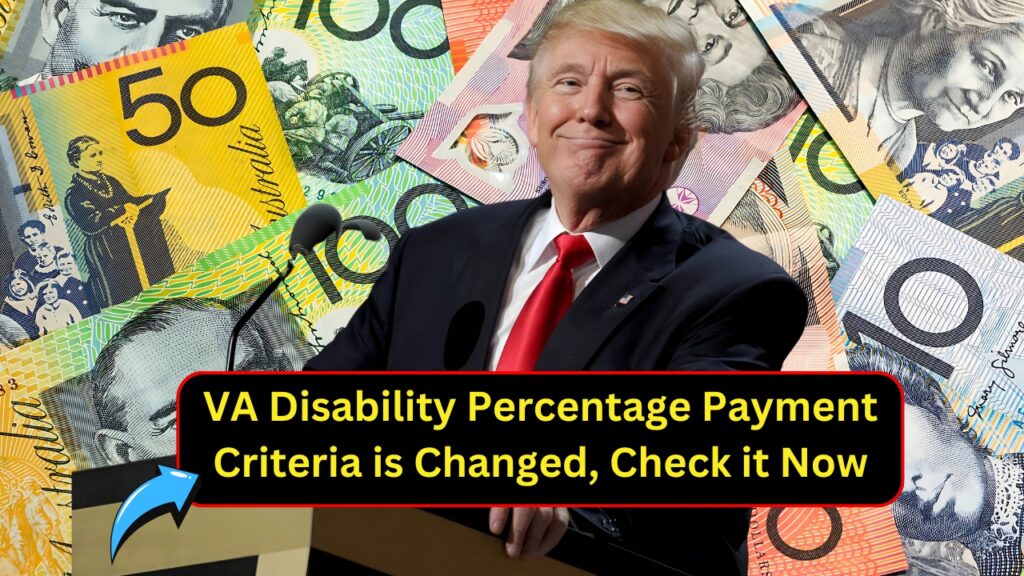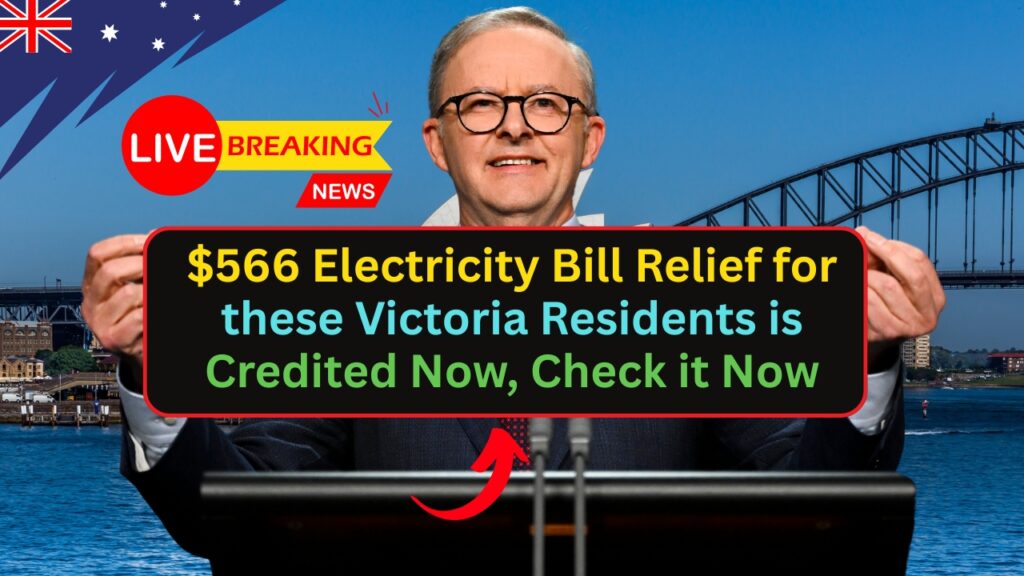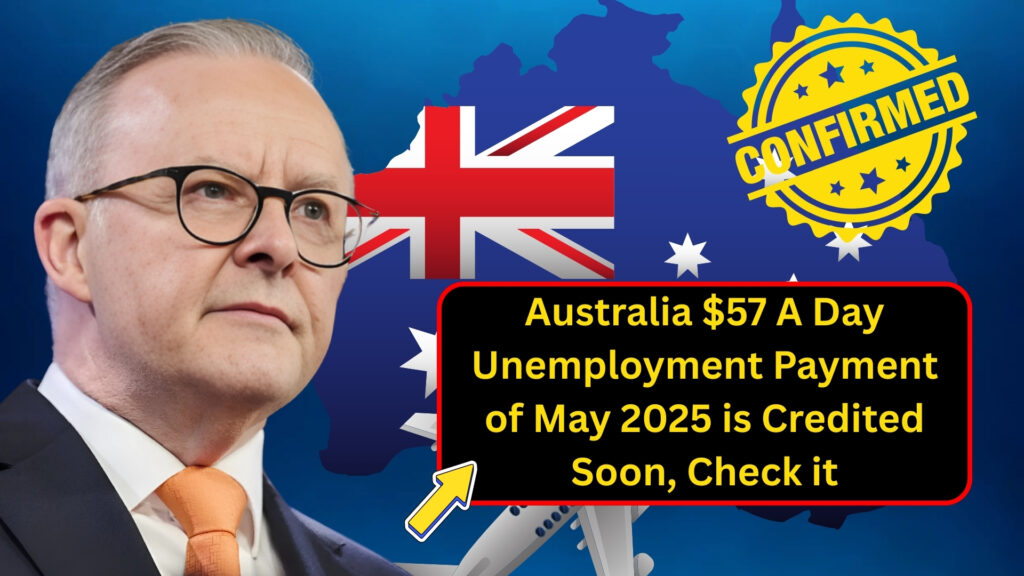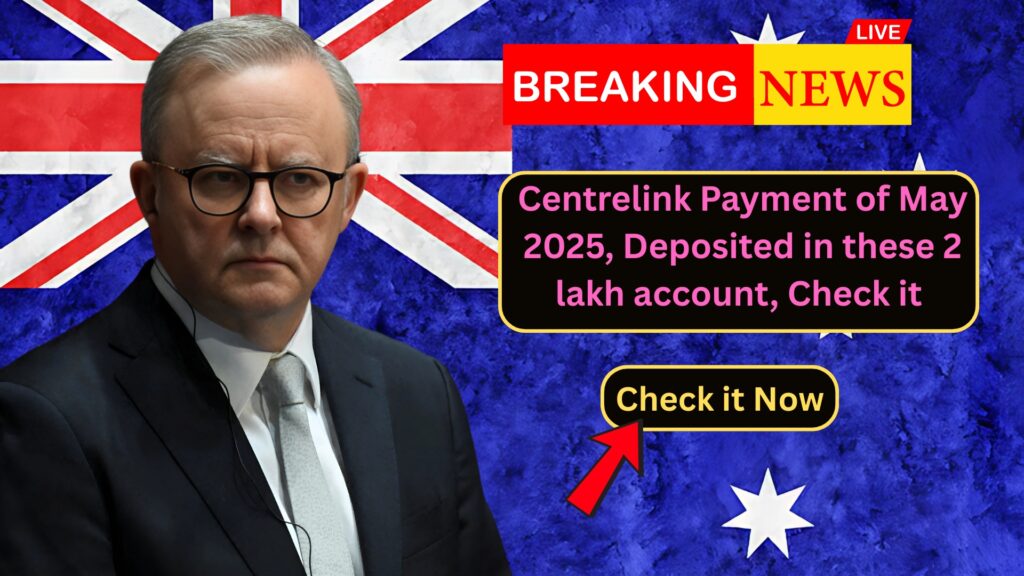The Australian government has recently confirmed a significant financial boost for eligible Centrelink recipients. Many Australians who rely on government assistance will receive an additional $899 payment in the first quarter of 2025.
This welcome news comes as Services Australia continues implementing measures to address rising living costs. The payment represents one of several initiatives designed to provide relief to vulnerable households across the nation.
Table of Contents
What is the $899 Centrelink Bonus?
The $899 supplementary payment represents a one-time financial assistance package approved for early 2025. Unlike regular Centrelink payments, this bonus aims to offset unexpected expenses and provide temporary relief.
Services Australia developed this initiative following a comprehensive economic analysis and community feedback. Their research indicated many benefit recipients were struggling with essential expenses despite existing support programs.
John Matthews, a disability support pensioner from Brisbane, expressed his relief when hearing about the bonus. “Every bit helps when you’re counting pennies for basics,” he explained while discussing his monthly budget challenges.
Such personal experiences highlight why the government prioritized this payment. Economic pressures have intensified for many vulnerable Australians throughout recent months.
Who Qualifies for the Payment?
Eligibility for the $899 bonus depends on several factors determined by Services Australia. Their assessment criteria focus primarily on existing benefit categories and financial circumstances.
Recipients who currently receive any of the following payments may qualify:
| Payment Type | Eligibility Status | Application Required |
|---|---|---|
| Age Pension | Automatic if receiving full rate | No |
| Disability Support Pension | Automatic for most recipients | No |
| Carer Payment | Eligible with current assessment | No |
| JobSeeker Payment | Must meet additional criteria | Yes |
| Youth Allowance | Income test applies | Yes |
| Family Tax Benefit A | Higher rate recipients only | Partial check required |
| Parenting Payment | Both single and partnered may qualify | No |
Sarah Wilson, a single mother from Melbourne, noted the timing couldn’t be better. “School expenses pile up after Christmas, and this will help cover uniforms and books for my kids,” she mentioned during a community forum.
These testimonials reflect the practical impact such payments have on everyday Australians. The bonus acknowledges financial struggles that statistics alone cannot fully capture.
Additional Requirements
Besides receiving qualifying payments, recipients must satisfy several other conditions. These requirements ensure assistance reaches those genuinely needing support.
Your residential status must be current and valid as of January 15, 2025. Anyone with payment suspensions or compliance issues might face delays or rejection.
Bank details registered with Centrelink must be accurate and active. Some recipients have reported missing previous payments due to outdated account information.
“Double-checking your MyGov details now saves headaches later,” advises Mary Thompson, a community financial counselor. “I’ve seen too many clients miss important payments because of simple administrative oversights.”
How to Apply for the $899 Bonus
Most eligible recipients won’t need to take any action to receive the payment. Services Australia has designed the system to minimize paperwork for vulnerable Australians.
Those receiving the Age Pension, Disability Support Pension, or Carer Payment will receive automatic payments. The funds should appear in registered bank accounts without requiring applications.
However, JobSeeker and Youth Allowance recipients may need to complete additional steps. Services Australia will send notifications through MyGov accounts explainingthe necessary actions.
“They’ve streamlined things compared to previous bonus payments,” observed Robert Chen, who runs a community support group in Sydney. “Last time there was confusion with applications, but they’ve learned from that experience.”
Application Deadlines
For those needing to apply, strict deadlines will apply. Understanding these timeframes helps ensure you don’t miss out on entitled benefits.
| Payment Category | Application Opens | Final Deadline | Expected Payment Date |
|---|---|---|---|
| JobSeeker Payment | February 1, 2025 | March 15, 2025 | Within 14 days of approval |
| Youth Allowance | February 1, 2025 | March 15, 2025 | Within 14 days of approval |
| Special Benefit | January 15, 2025 | March 30, 2025 | Within 14 days of approval |
| FTB Part A (partial) | February 1, 2025 | April 10, 2025 | Within 14 days of approval |
Anna Patel, who recently transitioned to JobSeeker after losing her retail position, emphasized the importance of calendar reminders. “With everything else going on, it’s easy to miss these deadlines if you don’t stay organized,” she advised fellow job seekers.
Payment Schedule and Distribution
Services Australia plans to stagger payments across several weeks. This approach prevents system overloads while ensuring timely processing for all recipients.
The first wave of payments targets Age Pension recipients beginning February 10, 2025. Disability Support Pension payments will follow approximately one week later.
Other payment categories will receive funds according to a rolling schedule throughout February and March. Most eligible Australians should receive their payment by April 15, 2025.
“The staggered approach worked well during COVID support payments,” noted financial inclusion researcher Dr. Helen Brooks. “It prevents the banking system from being overwhelmed while still delivering timely assistance.”
Payment Notification Process
Recipients will receive confirmation through their preferred communication channel. Most notifications arrive via MyGov messages or registered email addresses.
The payment description will appear as “SA-SUPP-PMT” on bank statements. Understanding this code helps recipients identify the bonus when checking accounts.
Emma Davidson, a pensioner from Adelaide, remembered confusion from previous payments. “Last time, I didn’t recognize the payment code and thought it might be a mistake. Now I know what to look for.”
How This Payment Affects Other Benefits
A critical advantage of this bonus payment is its treatment regarding other benefits. Services Australia has confirmed it won’t count as income for most assessment purposes.
This means your regular Centrelink payments shouldn’t decrease after receiving the bonus. Other income-tested benefits typically remain unaffected as well.
The payment also receives special treatment regarding tax obligations. Most recipients won’t need to declare it on tax returns as assessable income.
“The non-assessable status makes a huge difference,” explained tax accountant David Williams. “Recipients get the full benefit without worrying about tax implications or reduced entitlements.”
Centrelink Reporting Requirements
Despite its special status, some recipients still need to acknowledge receiving the payment. This primarily affects those with regular reporting obligations.
JobSeeker recipients should note the payment when reporting income for the relevant period. Although it won’t affect payment rates, failing to report could trigger compliance flags.
Youth Allowance students should follow similar protocols according to their regular reporting schedule. The system recognizes the payment type but still requires acknowledgment.
“I always tell clients to report everything, even when they know it won’t affect their payment,” shared welfare rights advocate Jessica Martin. “It prevents automated systems from flagging potential discrepancies.”
Also Read: $1,390 Energy Bill Rebate is Credited for May 2025, Check your Payment Status
Common Questions About the Bonus
FAQs
Q: Will the $899 bonus be paid to everyone on Centrelink?
A: No, only specific payment categories qualify as outlined in the eligibility table.
Q: Do I need to pay this money back?
A: No, this is a non-repayable bonus payment.
Q: How does this affect my income test for rent assistance?
A: The payment is exempt from income tests for rent assistance calculations.
Q: What if I don’t receive the payment by April?
A: Contact Services Australia through MyGov or call the dedicated helpline at 1800-XXX-XXX.
Q: Can new Centrelink applicants receive this payment?
A: Yes, if approved for qualifying payments before January 15, 2025.
Preparing for the Payment
Financial experts recommend planning for this additional income. Considering its one-time nature, strategic use provides maximum benefit.
“I suggest clients separate this money from regular budgeting,” advises financial counselor Leila Abrams. “Treating it as a resource for specific needs rather than general spending helps maximize its impact.”
Many recipients plan to address postponed essentials like dental work, car repairs, or household maintenance. Others will reduce existing debts to improve long-term financial health.
Whatever your situation, thoughtful planning ensures this payment delivers meaningful assistance. Community financial counseling services offer free guidance for those wanting additional support.
Updating Your Information
To avoid payment delays, verify that your details remain current with Services Australia. The most critical information includes banking details and contact information.
MyGov accounts provide the simplest method for updating personal information. Alternatively, Centrelink offices or phone services can assist those without digital access.
“I update my details every few months just to be safe,” shared pensioner Thomas Williams. “After missing correspondence once because of an old email address, I learned my lesson about keeping information current.”
This proactive approach prevents common administrative issues. Even small discrepancies in personal details can cause payment delays or misdirection.
The Bigger Picture: Support in 2025
The $899 bonus represents just one component of broader assistance measures. Services Australia continues developing additional support frameworks for vulnerable Australians.
Economic analysts suggest that such targeted payments deliver more effective outcomes than general policy adjustments. They address immediate needs while broader reforms develop.
“These supplementary payments bridge gaps in the system,” explains economist Patricia Nguyen. “They provide relief while more comprehensive policy solutions move through legislative processes.”
Understanding available support options helps Australians maximize assistance during challenging times. Community services and financial counselors remain valuable resources for navigating complex benefit systems.
Services Australia has indicated similar payments might follow later in 2025. These would target specific demographic groups facing unique economic challenges.
Policy development continues to adapt to evolving economic conditions and community needs. Future announcements may expand eligibility or increase payment amounts.
Staying connected with official information channels ensures you remain informed about potential benefits. The Services Australia website and MyGov portal provide the most reliable updates.
“I’ve learned to keep an eye on announcements,” shared JobSeeker recipient Michael Collins. “Sometimes these payments appear with limited notice, and being prepared makes a difference.”











